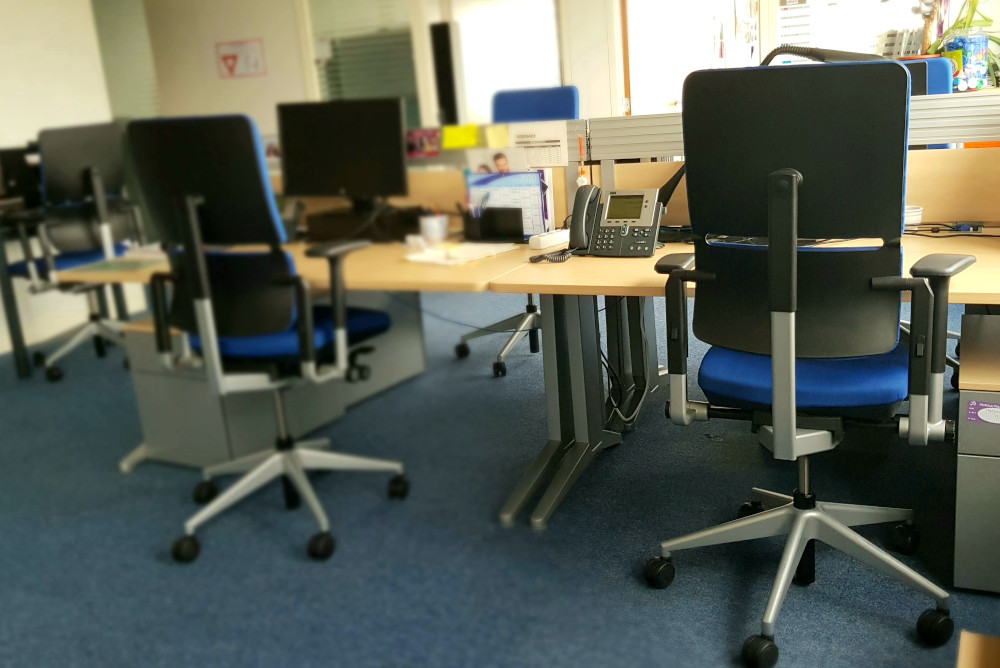Responsible purchasing: AFNOR Group takes concrete action

The AFNOR Group has taken part in the Purchasing and Circular Economy program run by INEC, the Metropole du Grand Paris and OBSAR, and applies its best practices to its office furniture purchases. Just to be consistent between what it offers its customers and what it does internally.
The AFNOR group offers its customers a range of tools for implementing a responsible purchasing policy and promoting the circular economy. Starting with voluntary standards that provide guidelines: ISO 20400 for responsible purchasing, XP X30-901 for the circular economy. But internally, is the group imposing these best practices on itself?
The answer is yes. These topics are part of the ” Responsible Together 2017-2021 ” CSR policy. ” This has involved raising awareness of responsible purchasing among all buyers in the Purchasing department, carrying out extra-financial risk analyses by purchasing segment, integrating extra-financial criteria into calls for tender, assessing the extra-financial performance of suppliers at risk via the ACESIA platform, and integrating social responsibility clauses into contracts,” explains José Ortiz, CSR Manager. The group’s 2019 business report says it all.
Sharing experience and best practices
At the same time, the AFNOR group is taking part in the “Purchasing and the circular economy” action program run by the Institut national de l’économie circulaire, the Métropole du Grand Paris and the Observatoire des achats responsables, which brings together some forty participants. The first phase, which ended in June 2020, shared knowledge on concepts and operational solutions for circular economy purchasing: goods from reuse or repair, eco-designed supplies and/or integrating recycled raw materials, the economy of functionality (renting a service rather than buying the good), all with an online exchange platform.
This gave Bruno Frel, Responsible Purchasing expert from the AFNOR group, the opportunity to present the best practices resulting from the voluntary ISO 20400 standard: needs analysis, full-cost purchasing, etc. Anne Benady, the Group’s Environment and Circular Economy Manager, did the same for the XP X30-901 standard on circular economy project management, which is now on the agenda of the International Organization for Standardization (ISO).
A circular economy for office furniture
The program has also enabled the Group to take its own practices a step further, by applying circular economy criteria to a new product family: office furniture. Criteria that the Purchasing department has incorporated into its specifications. ” We now refer to suppliers, using French factories, who carry out a life-cycle analysis of their products, to reduce their environmental impact at every stage: eco-design, delivery, end-of-life recycling, reused furniture, etc. “confirms Alain Ruiz, head of the Purchasing department at AFNOR.
The first phase of the “Purchasing and the circular economy” program comes to a close today with the publication of an operational guide presenting 10 steps for integrating the circular economy into purchasing. Act 2 will be launched in autumn 2020.